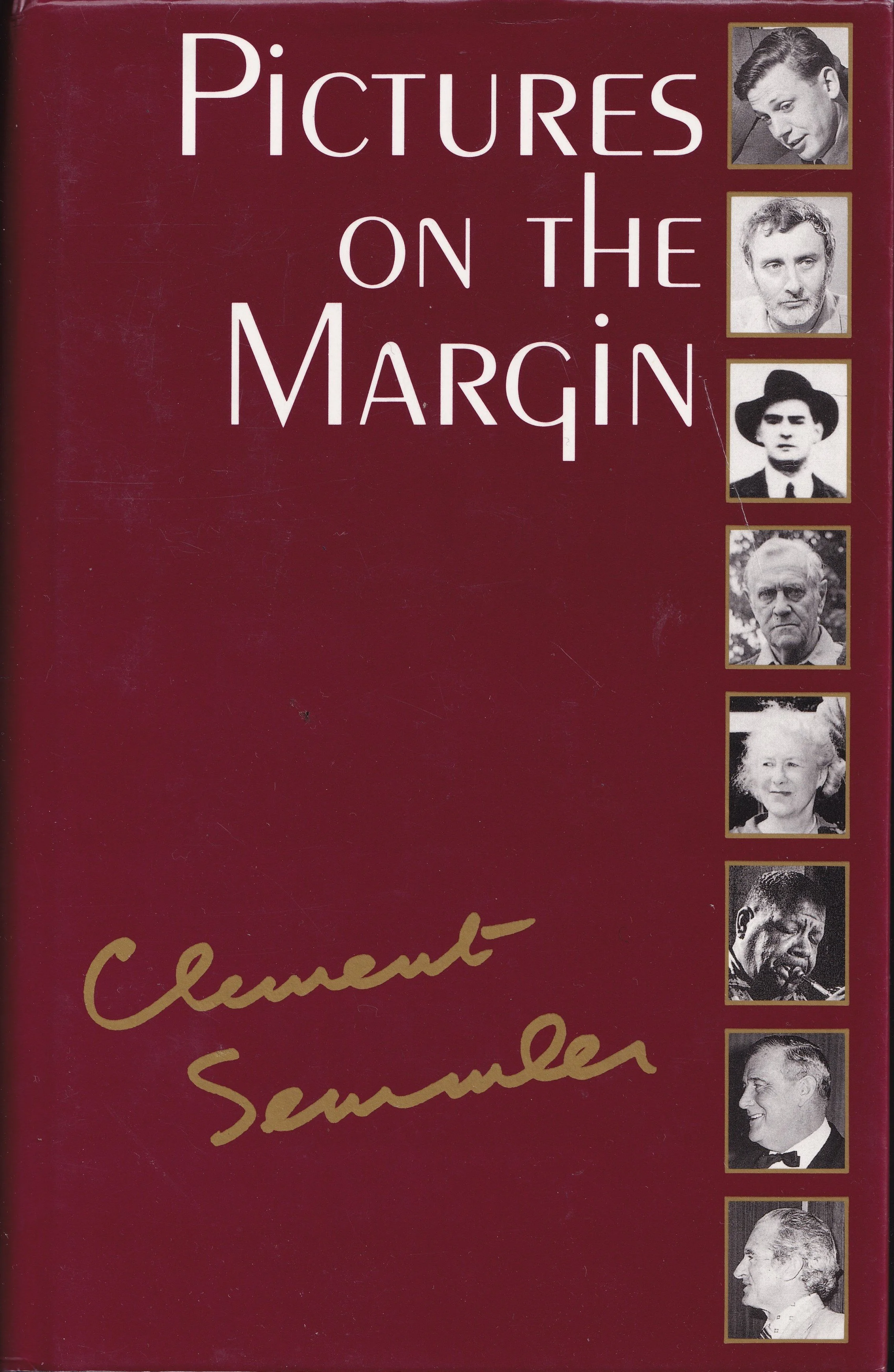ESSAYS
This section includes essays on various jazz subjects, written by a number of writers. Contributions are welcome. Writers interested in contributing are welcome to contact the editor by filling out the form in the CONTACT tab. Photographs to illustrate those essays are welcome. Readers can click on the INDEX button for a list of articles in this folder.
Bryce Rohde
BRYCE ROHDE
Interviewed by Jim McLeod
Jim McLeod’s Jazztrack, 1994
Bryce Rohde's influence on Australian jazz has been quite significant though probably few realise it and few acknowledge it. As pianist with the Australian Jazz Quintet, Bryce was part of the most successful Australian jazz unit outside Australia. In the 1950s they got together in the United States—Jack Brokensha, vibes and drums; Errol Buddle, saxophones, flute, bassoon, oboe; Rohde, piano; plus American-born Ed Gaston, bass (for many years now a top bassist in Australia); and Dick Healey, saxophones, flute. The AJQ toured extensively as you'll read in this interview with Bryce and further in the interview with Jack Brokensha. Since the AJQ days Bryce has lived mostly in the United States, occasionally returning to Australia for brief stays. He was an important influence on a number of musicians here when he introduced them to George Russell's Lydian Chromatic Concept of Tonal Organisation. As you'd expect from someone who's been so adventurous in music, Bryce is definitely an independent thinker…
Toshiko Akiyoshi
JAZZ PIVOT TO ASIA
by Ian Muldoon
October 18, 2021
The greatest advance in music in the past 200 years has been the power and impact of rhythm - would you believe that? Cecil Taylor believes this advance remains undervalued and under-appreciated despite rhythm and blues, despite rock and roll. Because Taylor was artistically so deeply committed to improvised music, dance and later poetry, his comments may have referred to “serious” music. In the 1940s I felt that power through the music of Fats Waller, the Mills Brothers, Louis Armstrong, and Duke Ellington. The sweeping intense melodies of Tchaikovsky and Sibelius, the structure and pianism of Beethoven, the delight of Mozart, and the beauty of Bach and popular music, and folk music and much more sang to me too, but not with the same power. The music called jazz, with its focus on individual expression, has fused the powerful complexities of African rhythms with western music and western instrumentation and other world musics, especially rhythm and percussion instruments, into an unparalleled artistic, intellectual and emotional beauty…
OH! PLAY THAT THING!
by Clement Semmler
Chapter 17 of the book “Pictures On The Margin”, published in 1991
In our generation, jazz has become a universal language claiming the devoted interest of millions throughout the world. For many musicians as well as listeners, it is one of the main constituents of their emotional lives. As Eddie Condon, legendary American jazz guitarist, once said to me in New York, jazz is democracy set to music because, in its appreciation, differences of colour, religion and race simply fuse into a whole. Jazz has certainly brought me countless hours of enjoyment as well as the friendship of scores of people actively or passively concerned with the music. Without jazz my life would have been much the poorer…


